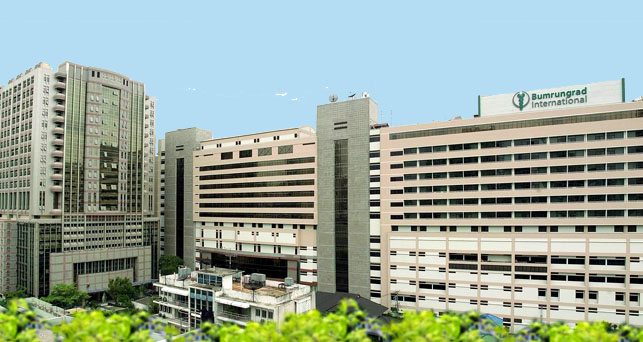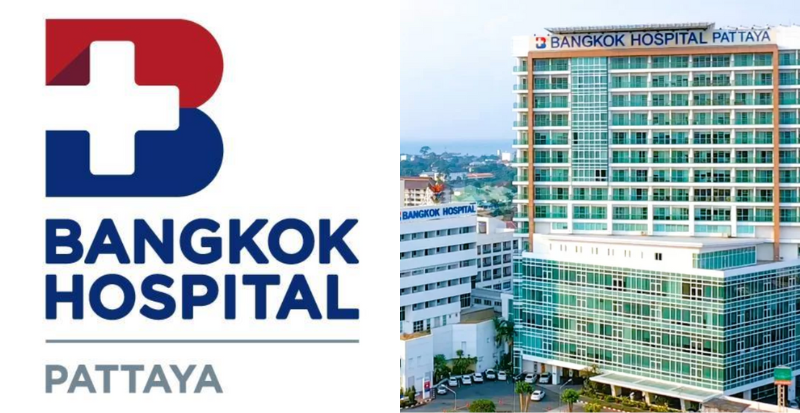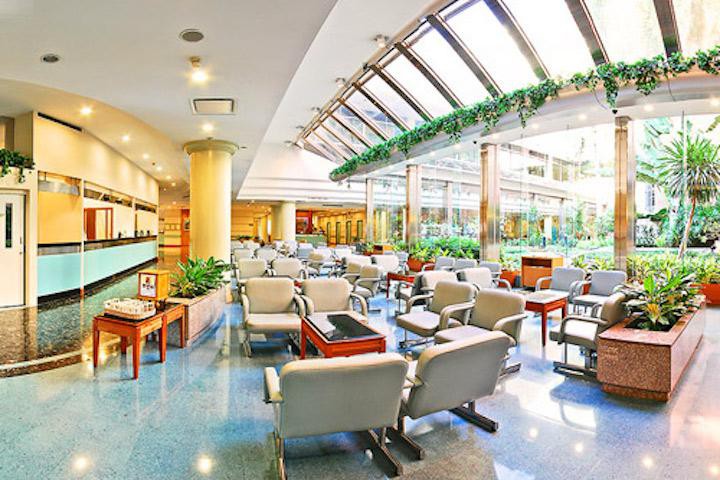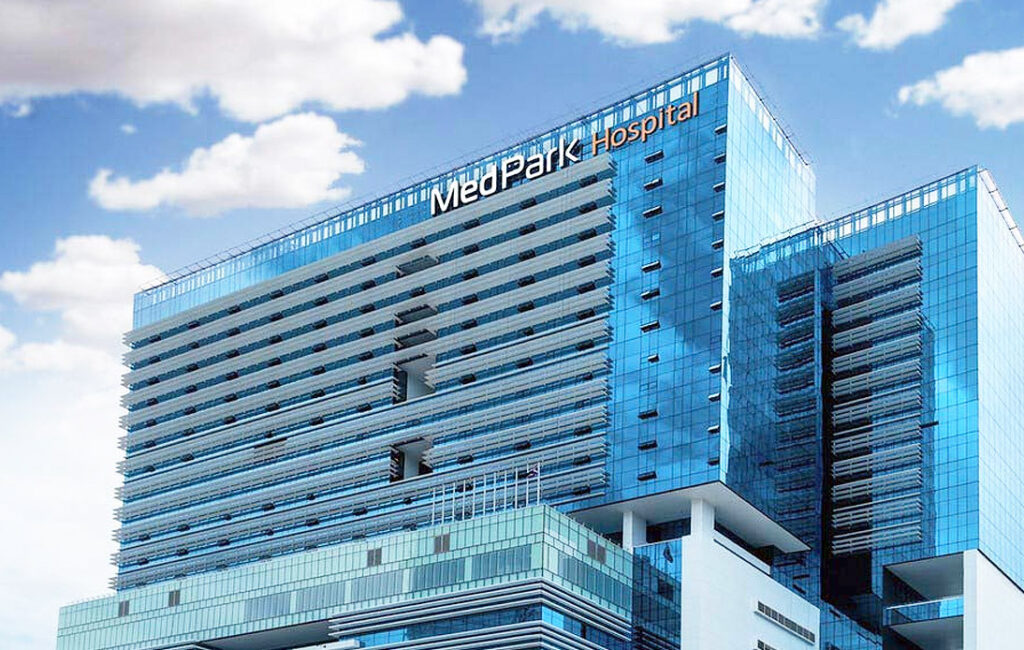For long-term expats in Thailand, the vibrant culture, delicious food, and tropical lifestyle are major draws. But one of the most significant benefits of living in the Land of Smiles is access to its world-class, affordable healthcare system. Bangkok, in particular, stands as a global hub for medical tourism, boasting hospitals that rival—and often surpass—those in Western countries in terms of technology, expertise, and service.
However, with so many excellent options, choosing the right hospital can be daunting. This guide breaks down the top hospitals in Bangkok, their specializations, and the general costs for the most common medical issues expats face, empowering you to make informed decisions about your health.
The Titans of Thai Healthcare: Bangkok’s Premier Hospitals
While there are many quality facilities, a few names consistently top the list for expats due to their international accreditation, multilingual staff, and comprehensive services.
1. Bumrungrad International Hospital
Often called the “granddaddy” of international hospitals in Thailand, Bumrungrad is a household name in global healthcare. It operates like a well-oiled machine, designed specifically with international patients in mind.

Specializations & Strengths:
Cardiology & Cardiac Surgery: Renowned for its heart center, offering everything from non-invasive interventions to complex bypass surgeries.
Orthopedics & Joint Replacement: A leader in hip and knee replacements, sports medicine, and spinal surgery.
Check-ups & Preventive Care: Offers a wide array of executive health check-up packages that are incredibly popular with expats and medical tourists.
Oncology: Features a comprehensive cancer center with advanced radiation therapy and chemotherapy treatments.
Pediatrics: A full-service department that makes it a top choice for expat families.
2. Bangkok Hospital
Part of the massive Bangkok Dusit Medical Services (BDMS) network, Bangkok Hospital is another giant in the field. Its main headquarters is a vast, almost city-like complex, with numerous specialized centers under one roof.

Specializations & Strengths:
Neurology & Neurosurgery: Its Brain and Spine Center is one of the most advanced in the region, handling complex brain tumors and spinal disorders.
Oncology: The Wattanosoth Cancer Hospital within the complex is a dedicated, full-service cancer treatment facility.
Gastroenterology & Liver Center: Expert in managing complex digestive diseases and liver conditions.
Trauma Center: A state-of-the-art facility equipped to handle serious emergencies.
3. Samitivej Hospital
With several locations, Samitivej is known for its high-quality, patient-centric care with a slightly more personalized touch than the largest giants. The Sukhumvit branch is particularly popular with the expat community due to its location.

Specializations & Strengths:
Pediatrics & Children’s Health: Samitivej is often the number one choice for families, with a world-class children’s hospital and a highly respected neonatal ICU.
Allergy & Immunology: Home to a leading allergy center in Southeast Asia.
Gastroenterology: Known for excellent diagnostic and treatment services for digestive issues.
Obstetrics & Gynecology: A top pick for expat mothers, offering luxurious delivery suites and comprehensive prenatal care.
4. MedPark Hospital
A newer addition to Bangkok’s top-tier medical scene, MedPark was designed from the ground up with modern healthcare and patient comfort in mind. It brings together top specialists from various fields in a state-of-the-art facility.

Specializations & Strengths:
Transplant Surgery: A leading center for organ transplants, including liver and kidney.
Orthopedics & Sports Medicine: Features advanced technology for joint preservation and minimally invasive surgeries.
Cardiovascular Medicine: A comprehensive heart and vascular institute.
General & Specialized Surgery: Known for its expertise in minimally invasive robotic and laparoscopic procedures.
What Ails the Expat? Common Health Issues and Estimated Costs
Understanding potential costs is crucial for financial planning. The following are general price ranges for common expat visits at these premium private hospitals. Please note: These are estimates for self-pay patients; costs can vary significantly based on the doctor’s seniority, complexity of the case, and required medications.
1. General Practitioner Consultation & Common Illnesses
Whether it’s a stubborn case of “Bangkok Belly,” a sinus infection, or the flu, a visit to a GP is a common occurrence.
Typical Procedures: Consultation, basic examination, prescription medication.
Estimated Cost: 1,500 – 3,000 THB ($40 – $85 USD) for the consultation and basic medication.
2. Dental Check-up and Cleaning
Routine dental care is exceptionally affordable and high-quality in Thailand.
Typical Procedures: Examination, scaling, and polishing.
Estimated Cost: 1,500 – 2,500 THB ($40 – $70 USD).
3. Executive Health Check-up
Expats often take advantage of the comprehensive and affordable check-up packages.
Typical Procedures: Blood tests (CBC, cholesterol, blood sugar), chest X-ray, ECG, abdominal ultrasound, urinalysis.
Estimated Cost: 10,000 – 30,000 THB ($280 – $850 USD), depending on the comprehensiveness of the package (e.g., adding cardiac stress tests, cancer markers, etc.).
4. Endoscopy / Colonoscopy
Common procedures for investigating digestive issues, especially for those over 50.
Typical Procedures: Procedure itself, sedation, pathology for any biopsies.
Estimated Cost: 40,000 – 80,000 THB ($1,100 – $2,250 USD) for a diagnostic procedure. Costs are higher if polyps are removed.
5. Minor Surgical Procedures (e.g., Hernia Repair, Gallbladder Removal)
Laparoscopic (keyhole) surgery is standard for these issues.
Typical Procedures: Surgery, anesthesia, hospital stay (1-2 nights).
Estimated Cost: 150,000 – 300,000 THB ($4,200 – $8,400 USD).
6. Orthopedic Procedures (e.g., Knee Arthroscopy)
For sports injuries or joint issues.
Typical Procedures: MRI scan, arthroscopic surgery, physiotherapy sessions.
Estimated Cost:
MRI Scan: 20,000 – 30,000 THB ($560 – $850 USD)
Arthroscopic Surgery: 200,000 – 350,000 THB ($5,600 – $9,800 USD)
The Crucial Role of International Health Insurance
As you can see, while Thai healthcare offers excellent value, costs at top-tier private hospitals for serious conditions can quickly add up. A single major event could have a significant financial impact. This is where securing a robust international health insurance plan becomes non-negotiable for the long-term expat.
A good plan from a provider like those we connect you with at MedicalInsuranceThailand.com ensures that:
Financial Protection: You are shielded from unexpected, high medical bills.
Choice of Care: You have the freedom to walk into Bumrungrad, Samitivej, or any other premier hospital without worrying about the cost.
Direct Billing: Most international insurers have direct billing arrangements with these hospitals, meaning you won’t have to pay out-of-pocket and wait for reimbursement for covered treatments.
Peace of Mind: You can focus on what matters most—your health and recovery.
Making Your Choice
When selecting a hospital, consider your specific needs. For a routine check-up, any of the top hospitals will suffice. For a complex cardiac or neurological issue, you might lean towards the specialized centers at Bumrungrad or Bangkok Hospital. For having a baby, Samitivej is a perennial favorite.
The best strategy is to find a primary care physician you trust at a hospital convenient to you. They can then provide referrals to the best specialists within their network when needed.
Bangkok’s healthcare landscape is a prime benefit of expat life. By understanding the strengths of each major hospital and having the safety net of a comprehensive health insurance plan, you can fully enjoy your life in Thailand with complete confidence in your well-being.
Contact us for any questions you may have

Disclaimer: The cost estimates provided in this article are for general informational purposes only and can vary based on individual medical circumstances, the specific doctor, and hospital pricing policies. All medical decisions should be made in consultation with a qualified healthcare professional.


